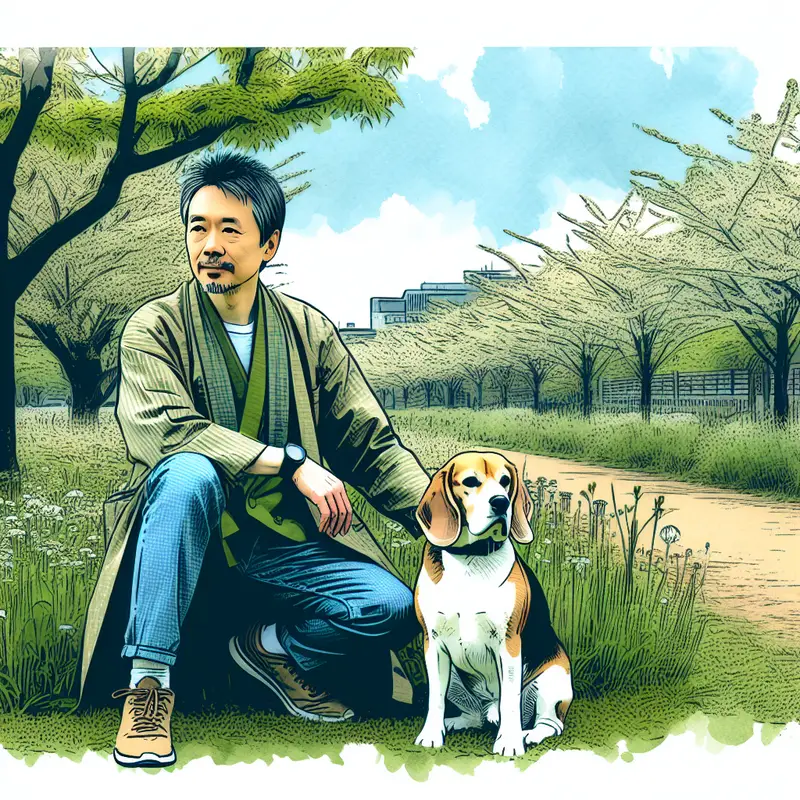Yoyogi Standoff
Published on March 14, 2025

Coercion and Freedom in Japan
Coercion is notably rare in everyday Japanese life. At first glance, one might interpret Japanese society as heavily repressed, given its famously strict etiquette and unspoken rules. Yet beneath this orderly surface lies a surprising amount of genuine freedom.
For instance, drinking alcohol in public places, banned or heavily regulated in many countries for fear of disorder, is openly permitted and socially tolerated in Japan. Yet, chaos doesn't ensue. Streets don't devolve into disorderly scenes, nor is there widespread drunkenness. The reason isn't coercive laws but rather societal conditioning toward mutual respect and public order.
Gentle Conditioning and Patience
The Japanese approach to raising children—or even managing pets—is similarly enlightening. Rather than relying on strict punishment or overt coercion, Japanese parents often emphasize a small set of clearly articulated guidelines reinforced by consistency and patience.
When misbehavior occurs, instead of escalating into conflict or punishing harshly, the typical response is patient firmness. The parent or owner simply refuses to yield, calmly waiting out the resistance, allowing the offender to realize that compliance is the only viable option left. This method encourages self-correction without damaging relationships or causing resentment.
Resolving the Yoyogi Standoff
Back at Yoyogi Park, curiosity got the best of me, so I sat down against a nearby tree to observe. The standoff continued for another five minutes in complete silence and stillness.
Then, without fanfare or frustration, the beagle casually turned, deciding almost philosophically, "Alright then, we can go that way." He trotted towards his owner, the leash now slack. The man knelt down, smiling. The beagle eagerly approached, wagging his tail enthusiastically. The man gently petted him, whispering affectionately, "Good doggy."
No coercion. No drama. No yanking of the leash. Just quiet, patient determination—ending in mutual satisfaction rather than resentment.
The beagle briskly walked ahead of his owner--having been rewarded for his good behavior--prancing forward energetically until the leash tightened gently again. He then comfortably matched his owner's leisurely pace.